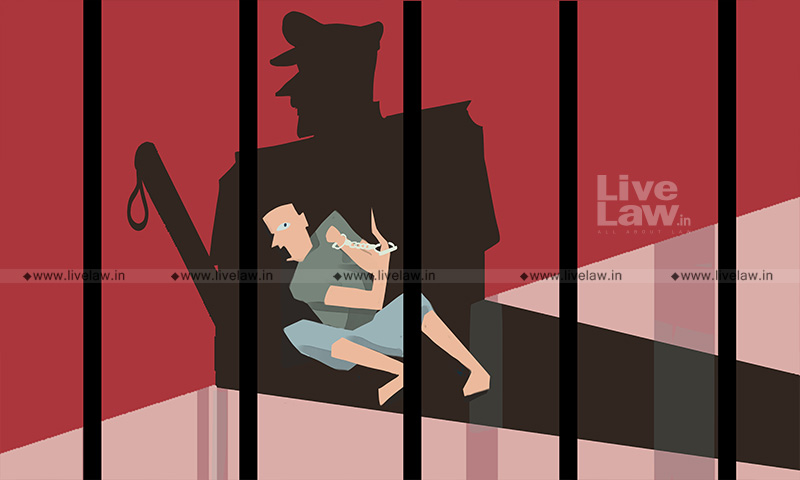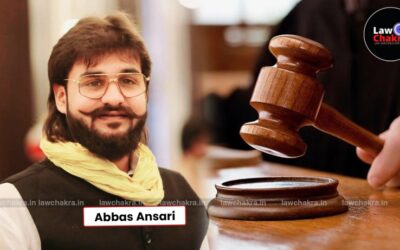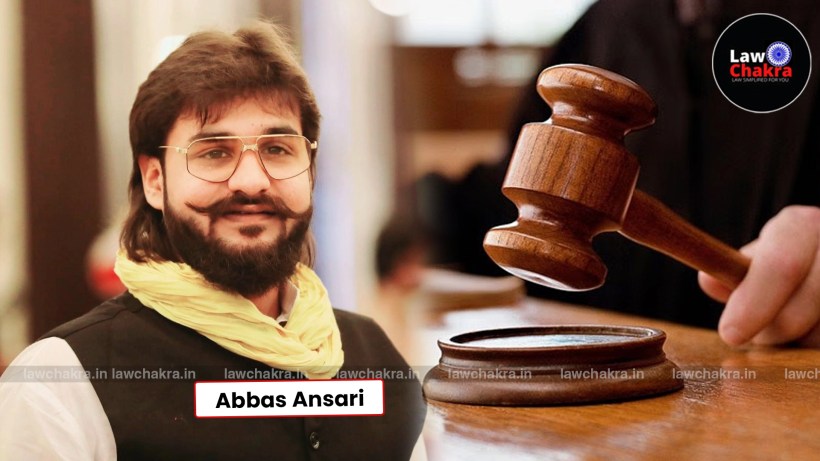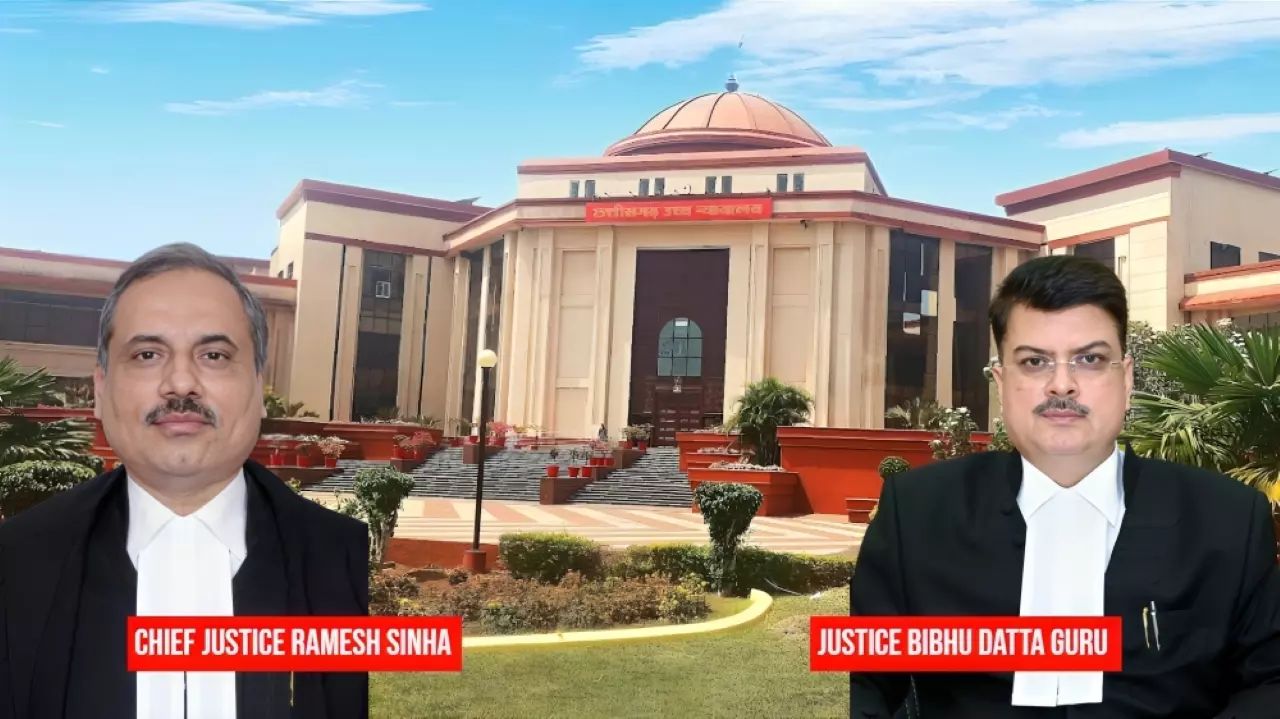Madras High Court Upholds ₹1 Lakh Compensation To Man Allegedly Tortured, Disrobed By Cops


The Madras High Court has upheld an order of the State Human Rights Commission recommending compensation of ₹1,00,000 for police brutality meted out to a man in custody.
Justice J Nisha Banu observed that police officials have a critical role in maintaining law and order while upholding human rights. The court remarked that police officials must respect human dignity, avoid discrimination, and protect vulnerable groups. The court also highlighted that officials must adhere to human rights standing orders and must prevent abuse.
“This Court is of the view that the police officials have a critical role in maintaining the law and order, while upholding human rights. Their duties include i)protecting citizens ii)upholding the laws and iii)maintaining tranquility. The police officials must respect human dignity, avoid discrimination and protect vulnerable groups. The police officials must adhere to human rights standing orders to build trust, prevent abuse and promote accountability. By upholding human rights, police officials shall effectively perform their duties, while respecting citizen’s fundamental rights and dignity,” the coust said.
The court was hearing writ petitions filed by two police officials against whom the SHRC had passed the order on a complaint filed by one Rajnikanth. The SHRC had ordered to pay Rs. 1 Lakh compensation to Rajnikanth, which was to be recovered from the officers.
Rajnikant had complained that he was taken up by the police officers at 3 AM on December 20, 2013, and he was locked up at the station. He said that in the lock up, he was coerced to remove all his clothes and was treated inhumanely. Rajnikanth also said that he was assaulted by the police. After remand, instead of taking Rajnikanth to the jail directly, it is alleged that the officers had taken him to a dark place near Puzhal police station and assaulted him. Thus, he had alleged that the officers had violated his human rights.
The SHRC concluded that Rajnikanth had suffered humiliation at the hands of the Inspector and Sub-inspector which amounted to violation of his rights, personal liberty, and dignity. Noting that the Government was vicariously liable to pay compensation for the employee, the SHRC recommended the State to pay a compensation of Rs. 1 Lakh to Rajnikanth and to recover the said amount from the two officers as per rules and regulations. The Government considered the recommendations, accepted it, and sanctioned the amount by way of a Government Order. This Order was also challenged in the present pleas.
On behalf of the officers, it was argued that the SHRC’s finding of human rights violation was without any basis. It was submitted that the SHRC had failed to consider that Rajnikanth was charged for an offence under Section 420 IPC. It was also argued that the norms laid down by the NHRC had not been violated. The officers also questioned the monetary compensation, stating that it was fixed without any discussion.
The Special Government Pleader submitted that the Commission’s order was binding and enforceable. It was submitted that the Commissioner could recover the compensation from the State which would be paid to the victims of violation of Human Rights, and the State could in turn recover the compensation from the erring officers.
The court noted that Rajnikanth had filed complaints against the officers before the Commissioner of Police, Chennai and other higher officials and had even filed a petition for getting proper medical treatment at the Rajiv Gandhi Government Hospital.
At the same time, the court noted that the officers had not produced medical certificate before the Magistrate at the time of remand. The court noted that though the officers had produced an outpatient receipt before the commission, it neither had the doctor’s sign nor the hospital’s seal.
The court further noted that though the SHRC had passed the order in 2018, the officers, who were affected by the order, had not chosen to challenge the same until the government passed the order, accepting the recommendations.
The court thus opined that there was no reason to interfere with the order of the commission or the government order passed by the State and dismissed the petitions.
Counsel for Petitioner: Mr. M. Rajasekar
Counsel for Respondents: Mr. T. C. Gopalakrishnan, Mr. M. Venkateshwaran Spl.GP, Mr. M. Babu Muthu Meeran
Case Title: D Babu Rajendra Bose and Another v. The Tamil Nadu State Human Rights Commissioner and Others
Citation: 2025 LiveLaw (Mad) 215
Case No: WP.Nos.4569 of 2023 & 17866 of 2024





